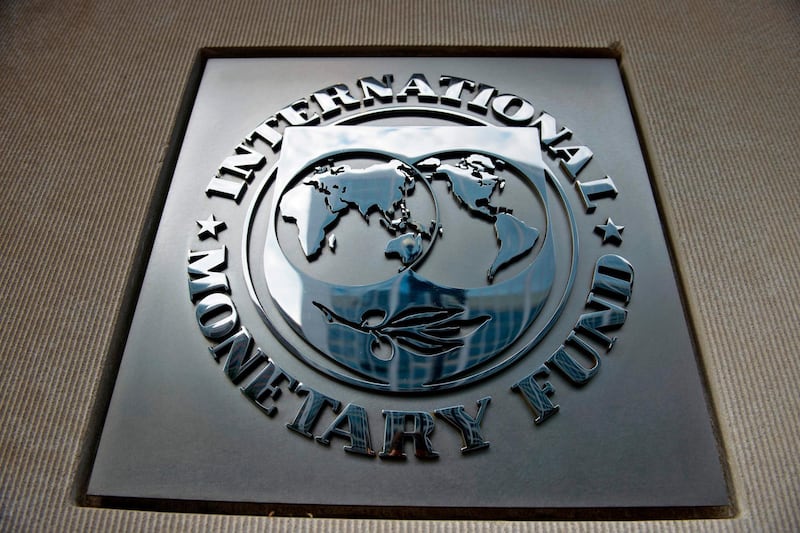The International Monetary Fund approved a $6 billion (Dh22bn) loan package for Pakistan to help the South Asian nation's ailing economy, cut widening deficit and increase per capita income.
This 39-month Extended Fund Facility (EFF) programme, approved on Wednesday, will support Pakistan in reducing “economic vulnerabilities and generate balanced growth”, said the IMF.
The Washington-based lender’s approval allows an immediate disbursement of nearly $1bn, while the remaining amount will be phased over the duration of the programme, subject to four quarterly reviews and four semi-annual reviews. The programme aims to tackle long-standing policy and structural weaknesses, restore macroeconomic stability, catalyse global financial support and promote strong and sustainable growth, it added.
“Pakistan is facing significant economic challenges on the back of large fiscal and financial needs and weak and unbalanced growth,” said David Lipton, first deputy managing director of the IMF.
“Achieving the fiscal objectives will require a multi-year revenue mobilisation strategy to broaden the tax base and raise tax revenue in a well-balanced and equitable manner,” said Mr Lipton, who is also serving as acting managing director of IMF, following the nomination of Christine Lagarde for the presidency of the European Central Bank.
Pakistan, led by cricketer-turned politician Imran Khan who swept to power last year on a pledge to change the social, economic and justice systems, faces deepening economic crisis that is giving rise to social discontent. Pakistan has struggled to replenish its dwindling foreign exchange reserves, which at one point, fell to a level that was only sufficient to cover about two months of exports.
The government, which has struggled to raise sufficient revenues to implement its ambitious economic reform agenda, has increased taxes and duties, which resulted in price hikes. In May, this year, Islamabad replaced its economy minister Asad Omar with Reza Baqir, a former IMF official as the central bank governor.
Mr Khan's government in June released its first budget, aiming to dramatically raise tax revenue ahead of formal approval by IMF's aid package. Islamabad aims to collect 26 per cent more in 2019-2020 financial year that what it achieved a year ago and to cut reliance on borrowing to run its economy .
The first federal budget from the ruling Pakistan Tehreeik-e-Insaf introduced a tax revenue target of Rs5.55 trillion (Dh134 billion), up from the Rs4.4tn target in last financial year's budget.
“Protecting the most vulnerable from the impact of adjustment policies will be an important priority in Pakistan," the IMF said.
“This will be achieved by a significant increase in resources allocated to key social assistance programmes, supporting measures for the economic empowerment of women and investment in areas where poverty is high,” said Mr Lipton.
The IMF approval will also unlock around $38bn from Pakistan’s international partners in the coming months and help in rebuilding official reserves and provide a buffer against external shocks.
Pakistan’s currency has taken a battering in the past few months and the decision to free float the rupee has not been received favourably by the public.
The EFF-supported programme will also help Pakistan to address structural weaknesses in the energy sector and improve the governance of state-owned enterprises that will “ensure efficiency and better services, thus boosting economic activity”, said the IMF.








